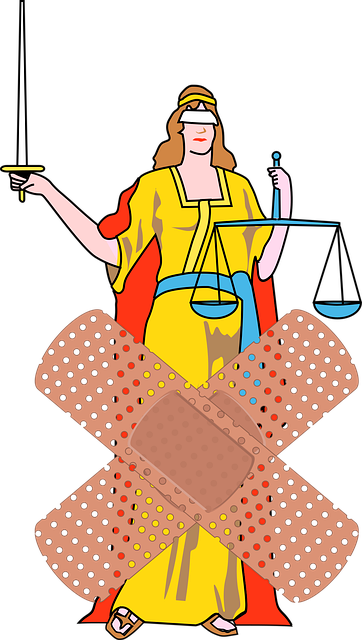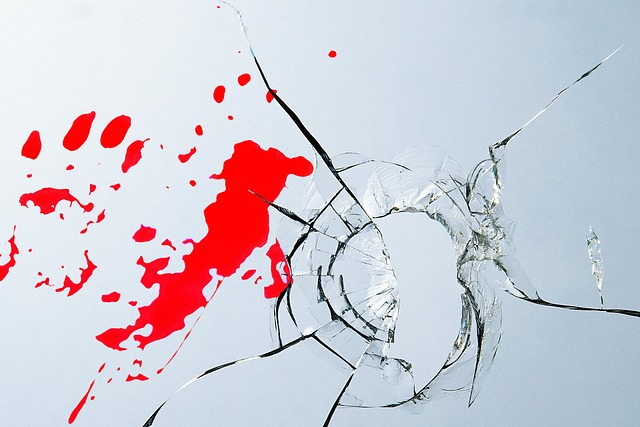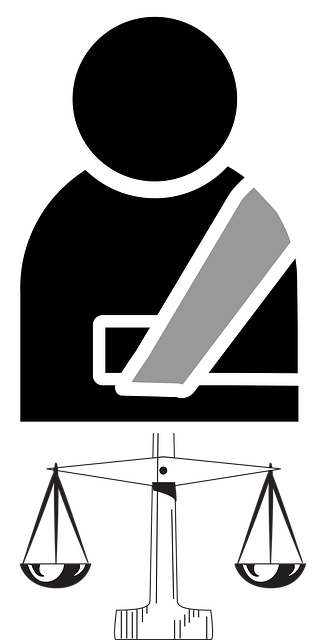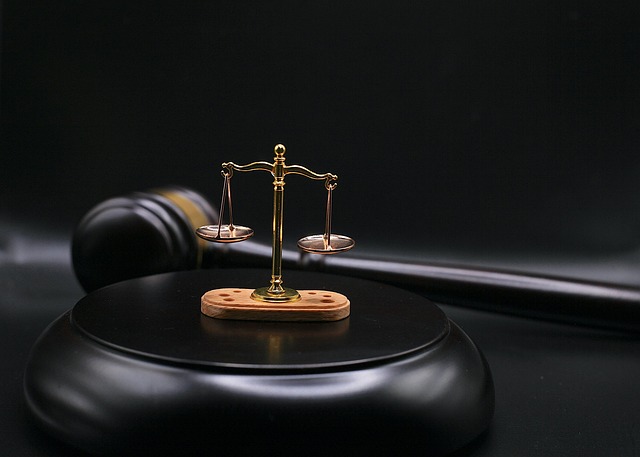Victims of personal injury in Peoria, Illinois, can seek compensation through a Peoria Personal Injury Lawsuit, with damages including medical expenses, pain and suffering, lost wages, and related costs. Time limits for filing (two years) are strict. An experienced attorney is recommended to navigate the process, protect rights, and maximize compensation under Peoria's intricate personal injury laws.
“In the event of a personal injury in Peoria, understanding your rights under local laws is paramount. This guide delves into the intricate world of Peoria personal injury claims, equipping you with knowledge about compensating for damages and navigating the legal process.
From comprehending the fundamental Peoria Personal Injury Laws to calculating fair compensation for various forms of harm, this article serves as a comprehensive resource. We also outline the steps involved in filing a successful claim, ensuring you’re informed every step of the way.”
- Understanding Peoria Personal Injury Laws
- Calculating Compensation for Damages
- Navigating the Peoria Personal Injury Claim Process
Understanding Peoria Personal Injury Laws

In the event of a personal injury in Peoria, understanding the local laws is crucial for navigating a potential Peoria Personal Injury Lawsuit. Illinois, including Peoria, follows a tort system, which means that individuals are compensated when someone else’s negligence causes them harm. This involves holding responsible parties accountable and ensuring victims receive fair and just compensation for their injuries.
The process begins by evaluating the merits of the case. If it’s determined that liability exists—that another party was at fault—victims can pursue damages to cover medical expenses, pain and suffering, lost wages, and other related costs. It’s important to act promptly as there are strict time limits for filing a Peoria Personal Injury Lawsuit, typically within two years of the incident. Consulting with an experienced attorney is advisable to ensure rights are protected and to maximize potential compensation.
Calculating Compensation for Damages

When assessing compensation for a Peoria personal injury lawsuit, several factors come into play in calculating damages. The extent and type of injuries suffered by the claimant are primary considerations. This includes both physical and mental anguish, as well as any permanent disability or disfigurement resulting from the incident. Medical expenses, including hospital stays, surgeries, and ongoing rehabilitation, are also crucial elements in determining monetary compensation.
The Peoria personal injury laws recognize different types of damages, such as economic losses (including lost wages, loss of earning capacity, and medical bills), non-economic damages (like pain and suffering, emotional distress, and loss of quality of life), and punitive damages (in cases where the defendant’s actions were especially reckless or malicious). Each category is evaluated based on its specific impact on the claimant’s life, with the goal of providing fair and adequate reimbursement for all losses incurred due to the personal injury.
Navigating the Peoria Personal Injury Claim Process

Navigating the Peoria personal injury claim process can be complex, but understanding the steps involved is crucial for a successful outcome. The first step is to assess your injuries and gather evidence, including medical records, photographs, and witness statements. This foundation is essential for building a solid case.
Once prepared, you’ll file a lawsuit under Peoria’s personal injury laws, which dictate the procedures and timelines for compensation. It’s advisable to consult an experienced attorney who can guide you through this process, ensuring your rights are protected at every stage.
When pursuing a Peoria personal injury claim, understanding the local laws and navigating the process diligently are key. By knowing how to calculate compensation for various damages, you can ensure a fair settlement. Remember, a successful Peoria personal injury lawsuit requires thorough documentation and adherence to legal procedures, ultimately leading to just recompense for your injuries and related expenses.
